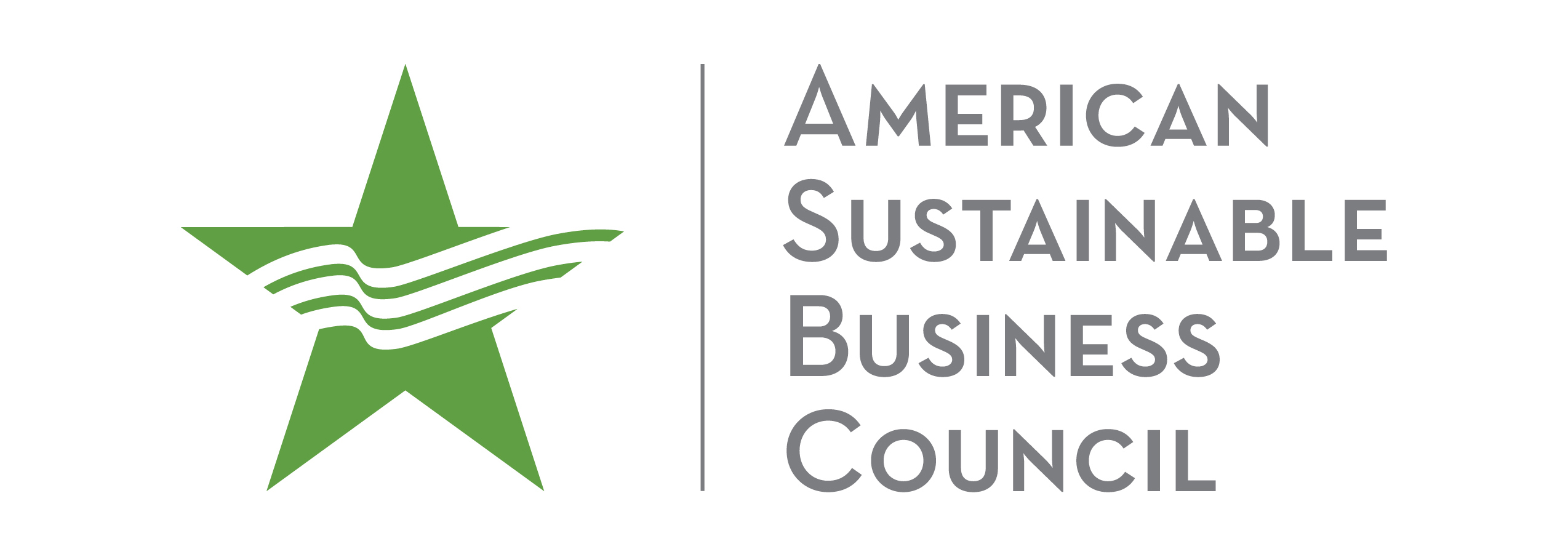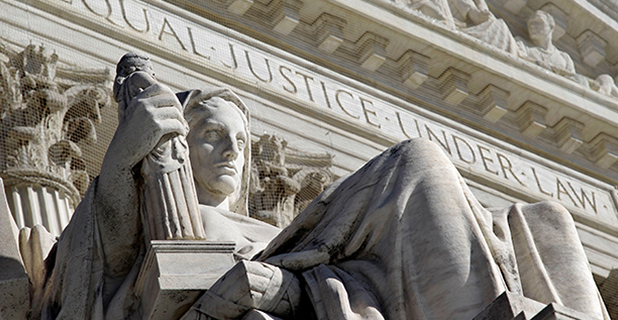BOYCOTT BIG MEAT
CAMPAIGN IS ASKING CARNIVORES TO SHIFT THEIR PURCHASES OF BEEF, PORK, AND
POULTRY TO FAMILY FARMS AND MEAT LOCKERS, WHICH ARE COMMON IN MANY RURAL AREAS.
By Elizabeth Royte
5/18/2020
Measuring meat
Due to falling
production and rising prices, Americans are expected to eat less meat this year
than last. But a coalition of groups led by the League of United Latin American
Citizens (LULAC) wants Americans to cut back even further, calling for a
boycott on “corporate” meat until working conditions in meatpacking plants
improve.
Inspired by Cesar
Chavez, who convinced Americans in the 1960s to quit buying grapes to protest
farmworker exploitation, LULAC’s Boycott Big Meat campaign is asking carnivores
to shift their purchases of beef, pork, and poultry to family farms and meat
lockers, which are common in many rural areas. For vegetarians and vegans, of
course, it’s business as usual.
While individuals,
including hog and grain farmers and Iowa state legislators, are signing
meatless pledges online, the Iowa chapter of LULAC is collecting the
endorsements of a growing roster of organizations, including the Iowa Farmers
Union, the Factory Farming Awareness Coalition, the Women’s International
League for Peace and Freedom, the Main Street Vegan, World Animal Protection,
the Iowa Democratic Hispanic Caucus, the Iowa Democratic Black Caucus, Food and
Water Watch, and the Organic Consumers Association.
READ MORE: Farmland
Trust supports 1,000 farmers who sell direct
As of May 15, more than
14,200 packing plant employees have been infected with the coronavirus, and at
least 59 have died, according to data tracked by FERN. To halt the spread of
disease, more than 20 large plants shuttered by the end of April, but in early
May, President Trump, invoking the Defense Production Act, directed meat plants
to operate during the pandemic. The CDC and OSHA issued safe meat-processing
guidelines, but they are not requirements, and workers, says Joe Henry,
president of LULAC’s Iowa Council 307, still feel unprotected.
“We’re calling for a
coalition of people to stand with workers,” Henry says. “We’re urging consumers
and grocery stores to stop purchasing corporate meat.”
The campaign demands
that companies slow down line speeds so workers needn’t stand shoulder to
shoulder; provide personal protective equipment, fever screening, daily virus
testing, fully paid sick days, and temporary protective status for undocumented
workers. “And we want health insurance that employees can afford,” Henry says.
“Workers pay $300 a month for health insurance – that’s about 12% of their
gross income – and they still have deductibles of $5,000 to $8,000.”
Produced with FERN,
non-profit reporting on food, agriculture, and environmental health.
National Latino
Farmers & Ranchers Trade Association
1029 Vermont
Avenue, NW, Suite 601
Washington, DC
20005
Office: (202)
628-8833
Fax No.: (202)
393-1816
Twitter: @NLFRTA
Website: www.NLFRTA.org













